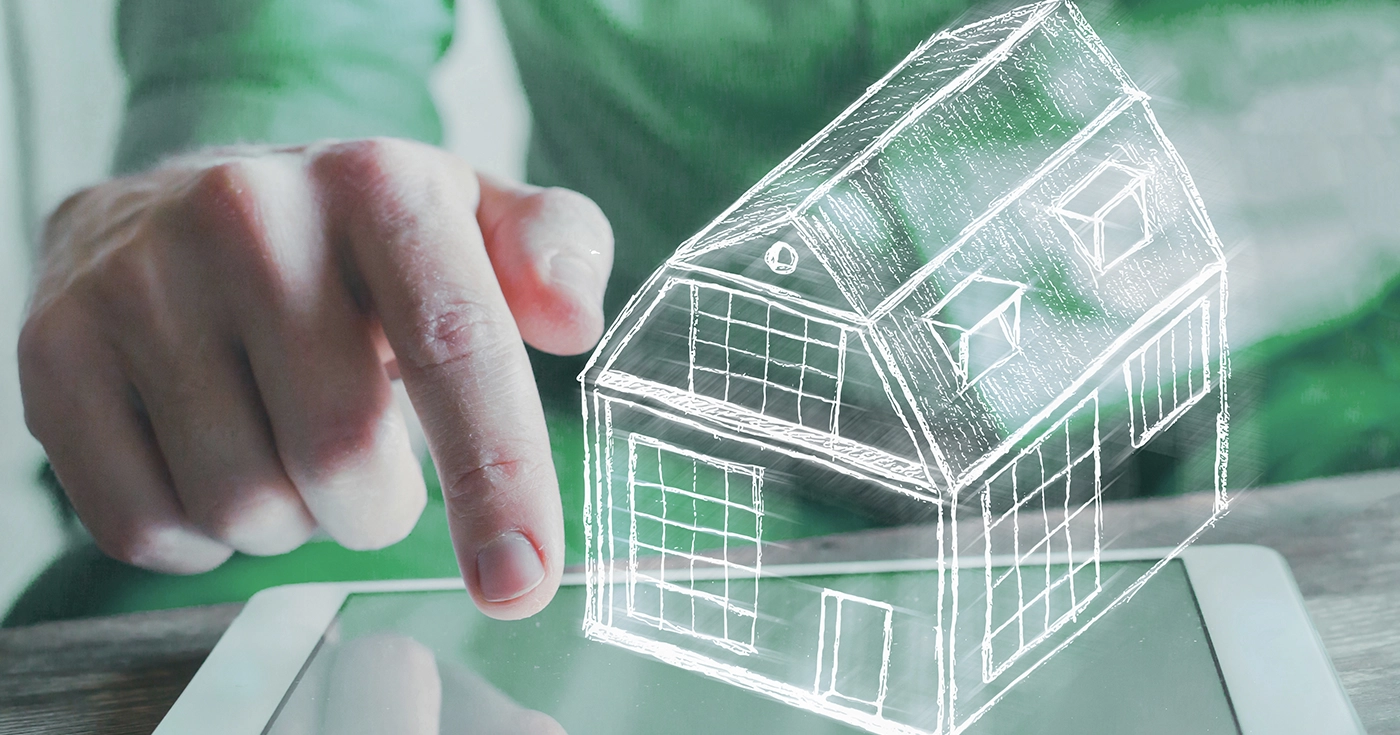
Analysis and outlook of the proptech market in Spain 2024
Last Updated on 16 July 2025 by Equipo Urbanitae
Proptech companies in Spain are positioning themselves as key players, reshaping the traditional model and setting the course for the future of the market. The real estate sector in the country is changing rapidly. The pressure to meet new expectations, streamline operations, and improve the customer experience is driving widespread adoption of technology.
This is reflected in the report “Analysis and Outlook for the Proptech Market in Spain 2024”, produced by Solvia and TheFringe/LABS, which provides an in-depth analysis of this transformation. Among its key findings are the sustained growth in the number of tech companies, the increase in collaboration between traditional firms and startups, the consolidation of artificial intelligence as a key tool, and a growing demand for solutions that are both sustainable and efficient. All of this is happening in a landscape where consumer habits are shifting, and the sector must face challenges related to scalability and regulation.
An Ever-Growing Ecosystem
Proptech in Spain has experienced accelerated growth: in just four years, the number of startups has increased from 151 in 2020 to 562 in 2024. This momentum is largely due to these companies’ ability to improve operational efficiency in the sector, thanks to technologies such as artificial intelligence, machine learning, big data, and automation.
Among the most notable applications are asset valuation, smart portfolio management, and immersive virtual tours, which reduce time and costs while improving the user experience.
The study notes that 91.2% of these companies expect revenue growth this year, and nearly three out of four plan to expand their teams. In terms of business models, B2B dominates, followed by B2B2C and B2C. Although most companies generate less than €500,000 in annual revenue and operate with small teams, growth expectations are high. Their top priorities for 2024 include expanding products and services (64.7%), forming partnerships with traditional companies (47.1%), and securing funding (41.2%).
Interest in real estate technology is also growing: 72.2% of companies, both startups and traditional, have noticed increased demand for these solutions. However, actual collaboration between both sectors is still limited. Only 6.9% of startups perceive clear interest from traditional firms, while most believe the interest is only moderate.
The areas with the highest demand for technology are property management (over 64%), commercialization (58.8%), and valuation and analysis (ranging from 35% to 46%, depending on the type of company). Partnerships are growing: one-third of startups occasionally collaborate with corporates, and nearly half of traditional firms have some form of partnership with proptech startups.
Efficiency, Data, and Technology as Growth Drivers
Efficiency and cost reduction are the main drivers behind the adoption of proptech solutions, according to 79.2% of companies. Added to this are data availability and improvements in data analysis (54.2%), along with ongoing technological innovation (44.4%).
When it comes to technologies, artificial intelligence and machine learning lead the way with 77.8%, followed by data analytics (58.3%) and process automation (51.4%). Technologies such as augmented reality (23.6%) and marketing tools (22.2%) are also gaining relevance, though to a lesser extent.
On the other hand, although blockchain and IoT are not yet widely used, more and more companies are showing interest in them due to their potential to enhance security, traceability, and efficient management of real estate assets.
More Demanding Consumers and a Better User Experience
Changing consumer behavior is becoming a key catalyst for the growth of the proptech sector. More than 91% of companies report a significant shift in client demands, with a growing preference for more intuitive, personalized, and seamless digital experiences. The main improvements in user experience identified in the study include:
- Greater integration of services into a single platform (38.9%)
- Improvements in usability and navigation (30.6%)
- Personalization (16.7%)
This increasingly client-focused approach is pushing companies to rethink their processes and services to better adapt to the new digital reality.
Sustainability Gains Ground
Another area gaining momentum is sustainability. The study finds that interest in proptech solutions focused on energy efficiency and sustainability has increased over the past year: 73.7% of companies report growing demand in this area. However, only a small percentage believe proptech is currently playing a truly key role in this space, indicating significant room for further development.
Other drivers of proptech growth include renewed interest from investors (20.8%) and large asset holders (18.1%), as well as the goal of reducing low-value repetitive tasks (1.4%).
Looking Ahead
In the near future, the most prominent trends point to greater collaboration between startups and traditional companies, increased adoption of emerging technologies, a renewed focus on sustainability and energy efficiency, and market consolidation through mergers and acquisitions.
Nonetheless, the sector will also face significant challenges, as highlighted in the Solvia and TheFringe/LABS report. These include regulations and government policies, as well as issues related to scalability and market industrialization. Difficulties in client acquisition, competition with traditional firms, and macroeconomic uncertainty also remain part of the current landscape.

